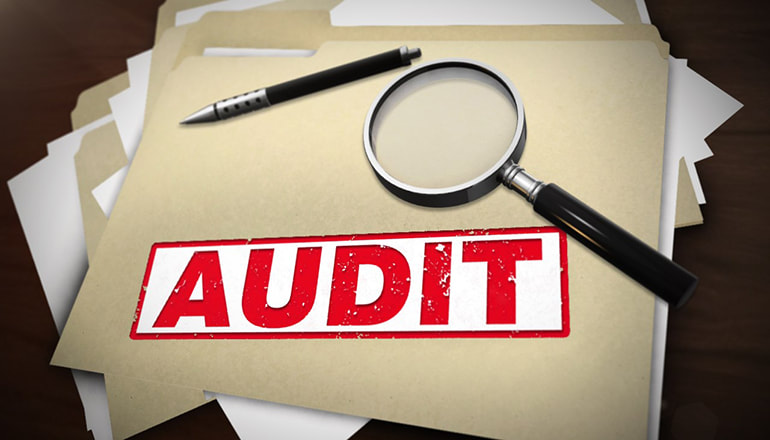... maybe not.
While companies continue to pursue their relentless campaign of 'moving to the cloud' could they be overlooking their on-premise software position? (similarly, if you're not tracking and aligning your cloud consumption accurately you might be overpaying just the same, but lets just look into on-premise). At a recent (2022) webinar broadcast a former Oracle license management services (LMS) manager, Adi Ahuja, said that Oracle's audit has become "a sales enablement tool." Although Oracle states that their LMS "operates independently from any ongoing commercial discussions. Our services are delivered by a global team of highly experienced and knowledgeable consultants who collectively offer unrivaled knowledge on all aspects of Oracle's licensing policy." in practice there was a close relationship between sales and licence audits, Ahuja said. No surprise to anyone who has been subject to such an audit. But lets not single out Oracle - all of the majors undoubtedly co-ordinate an audit internally - bringing in the product team, finance, sales, and of course, the account team. Ok ... we get that, but how does the software baseline assist us in establishing what's really going on?Take the often cited audit line of 'we found a few things, but you'll just need to top up those products'. Easy enough - you buy the products in the renewal at your entitled price and all is good. What you're not potentially seeing though is the compliance cost as a result of those findings that has been built-in to your renewal fees. Compliance cost? The renewal fees look fine - what are we referring to? Well simply, you might have got a better price overall had you been able to breakdown where those costs came from, and that means having a costed baseline (ie. line-item level) that you can apply all of the adjustors to (inflation, price increases etc) and determine whether any 'additional' costs have covertly come in to play - aka, a compliance cost. Only then can you challenge the vendors assertion that 'you'll just need to top up those products' given what the baseline will tell you is how much backdating has been applied, whether the top-up was in fact at entitled price, and ultimately whether the overall renewal fee has been indexed reasonably at all. Consider the room your vendor has to move when you're faced with a multi-million dollar renewal - there are numerous places to 'hide' revenue pulls, and that doesn't change at lower levels, it just scales down. Establishing and maintaining a baseline can be something companies flinch at - they see it as just not worth the effort - by default then delegating this to their vendors, aka granting free rein to manipulate pricing as they see fit. So while it might take a concerted project (or how about an actual SAM practice!) to get going once established - and maintained in a purpose built system such as ComplianceWare - the overheads are much reduced and the benefits more easily returned. Further, it sends a convincing message to your vendors that you actively manage and are across your software landscape and commercial position, which makes them much more wary of any attempts to hoodwink you with a 'great renewal offer that puts any compliance issues to bed'!
0 Comments
|
<
>
Archives
November 2023
|
|
Unravelling license complexity for Business
ACN 623 529 751 |
Privacy Policy | Terms of Use
|

